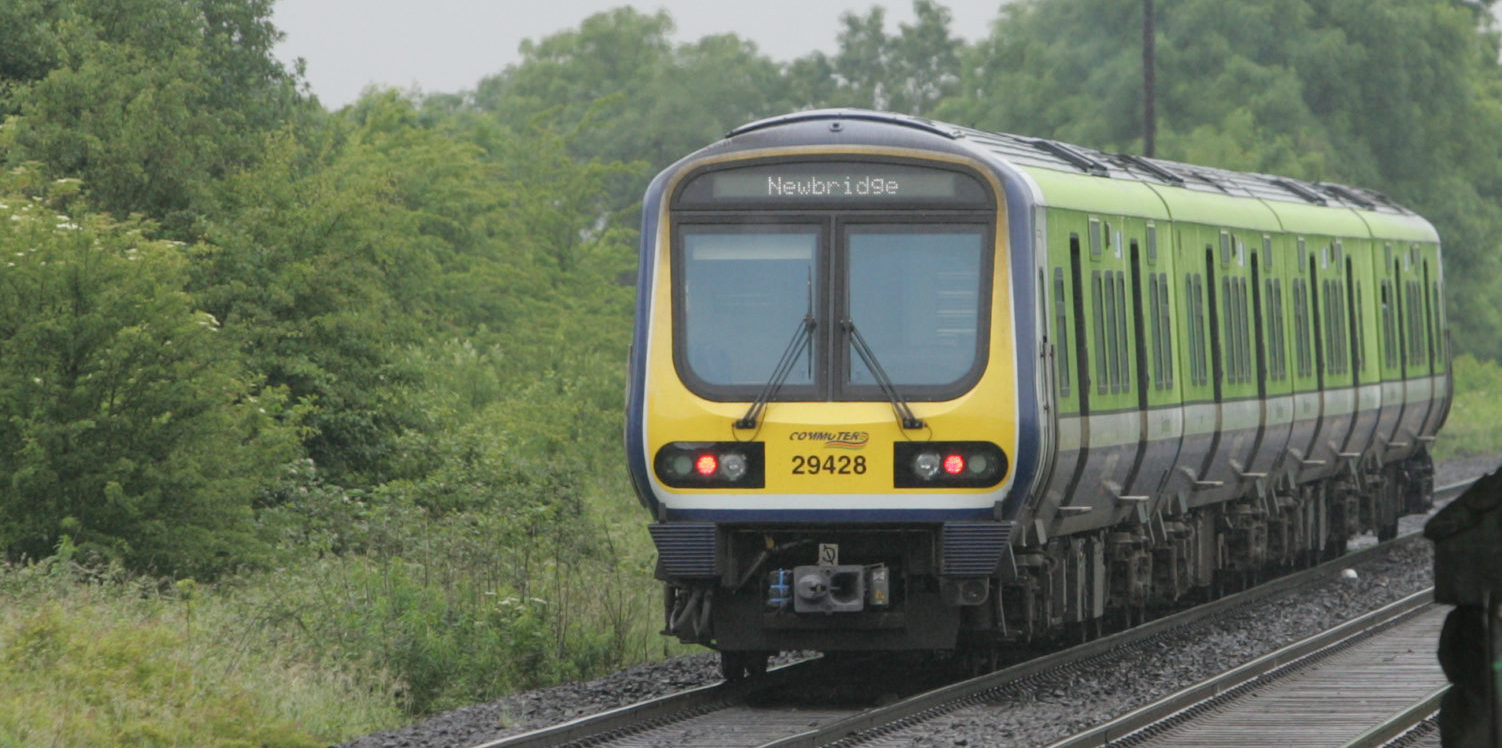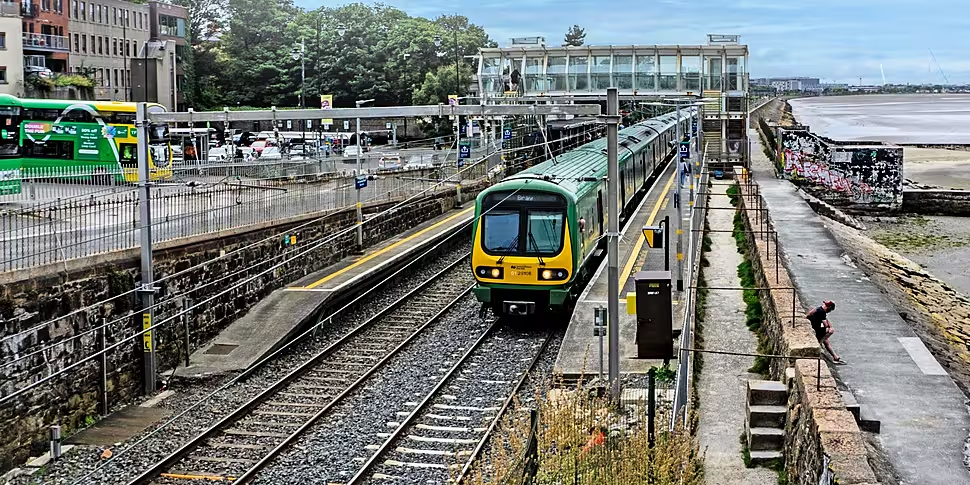Irish Rail is losing around €12.5 million a year due to fare evasion, a survey by the National Transport Authority has found.
The research found 6% of all those who travel on the rail network do so without a valid ticket, with an average cost to the company of €5.70 per passenger.
On The Pat Kenny Show, Irish Rail spokesman Barry Kenny said fare evasion is something “all rail operators have to deal with” and insisted Ireland is “in and around the average” when compared to other rail networks.
“Our own revenue protection unit would see that so far this year, we’re in and around the 3% level and I think it’s probably fair to say we’re in that range of 3-6% overall.
“It is revenue loss and obviously that’s revenue that you want to invest in the service.”
Evasion is highest on the Cork-Mallow line where 15% of all passengers did not have a valid ticket.
On the Dublin-Portlaoise service, meanwhile, fare evasion was at 11.5%.
On the Dublin-Belfast route, however, it was only 2.8% and the Dublin-Sligo service had a similarly high level of compliance, with only 2.9% travelling without the correct ticket.
 A commuter train leaves Sallins Station in County Kildare. Photo: Eamonn Farrell/Photocall Ireland
A commuter train leaves Sallins Station in County Kildare. Photo: Eamonn Farrell/Photocall IrelandMr Kenny said there were a number of things Irish Rail would look at to ensure more people travel with a valid ticket.
“One, do we need to have more revenue protection activity in those areas?” he said.
“Two, is there something in the station and the facilities there that is facilitating fare evasion and what we need to do to do that.
“So, it’s a continuous information situation where you’re gathering this data from our own revenue checks, from the NTA surveys and then taking the action that is necessary.”
Anyone caught travelling without a valid ticket is issued with a €100 fixed penalty payment in addition to the unpaid fare.
Mr Kenny this “strong deterrent” is needed to ensure the rail network is financially solvent.
“In terms of our revenue protection, you’ll see them on board, you’ll see them at stations,” he said.
“At busier stations, you’ll see what we call ‘blitz checks’ where you’ll have a very large team across exit barriers at major stations.
“That is something that obviously happens regularly.
“People don’t like to see them there but, ultimately, what we’re trying to do here is in the interest of the vast majority who are paying their fare and that is to make sure that everybody does [pay their fare] so that we have the funds to reinvest in services.”
Last week, the All-Island Strategic Railway Review recommended the most significant expansion of Ireland’s railways in generations.
Main image: A Dart light rail train stopped at Blackrock, railway station in Dublin, Ireland. Picture by: Alamy.com









